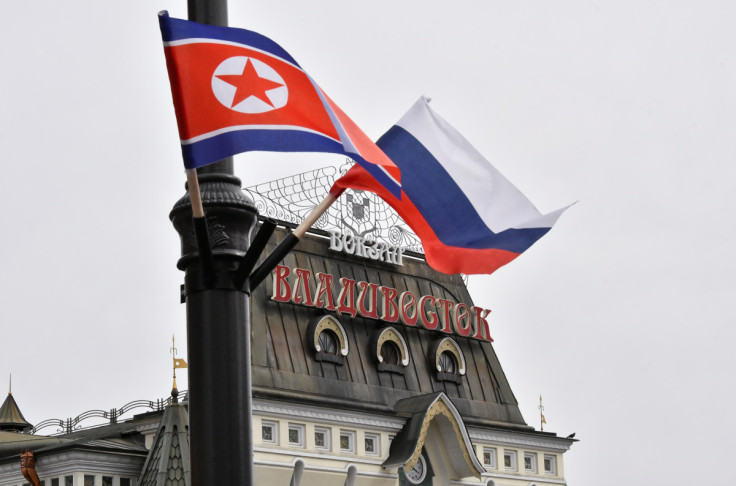Russia and North Korea Sign Strategic Partnership, Pledge Mutual Support

Russian President Vladimir Putin and North Korean leader Kim Jong Un have solidified their countries' strategic partnership by signing an agreement to provide mutual assistance in the event of aggression against either nation. This pact was finalized during Putin's official visit to Pyongyang on Wednesday, marking his first trip to North Korea in 24 years, according to CNN.
The agreement, which aims to strengthen military and economic ties, includes a clause for mutual defense. Russian media reported that Putin expressed gratitude for North Korea's unwavering support for Russia's war in Ukraine during the meetings, which lasted approximately 11 hours. The leaders discussed various aspects of trade and economic relations, both countries facing Western sanctions.
North Korean state media highlighted Kim Jong Un's hope that the partnership would deepen economic and trade relations with Russia. The Guardian reported that Kim called the deal the "strongest ever treaty" between the two nations, emphasizing its significance in fostering closer political, economic, and military cooperation.
The U.S. has expressed concerns over the growing cooperation between Russia and North Korea. U.S. State Department spokesperson Matthew Miller suggested that Putin might seek further military aid from North Korea to bolster Russia's efforts in Ukraine. The U.S. State Department has accused North Korea of shipping arms to Russia, including ballistic missiles and munitions.
In Pyongyang, a welcoming ceremony for Putin included a red carpet walk through Kim Il Sung Square, attended by thousands of North Koreans waving flowers, balloons, and flags. The leaders exchanged gifts, with Kim receiving a luxury Russian-made Aurus limo and tea set from Putin. The two leaders drove through Pyongyang in the Aurus limo, signifying their strengthened alliance.
U.S. Secretary of State Antony Blinken criticized Putin's visit, stating that it underscores Russia's desperation to strengthen relations with countries capable of supporting its war in Ukraine. Blinken noted North Korea's significant contributions of munitions to Russia, alongside Iran's provision of drones and other weaponry used against civilians and infrastructure in Ukraine.
© Copyright IBTimes 2024. All rights reserved.






















